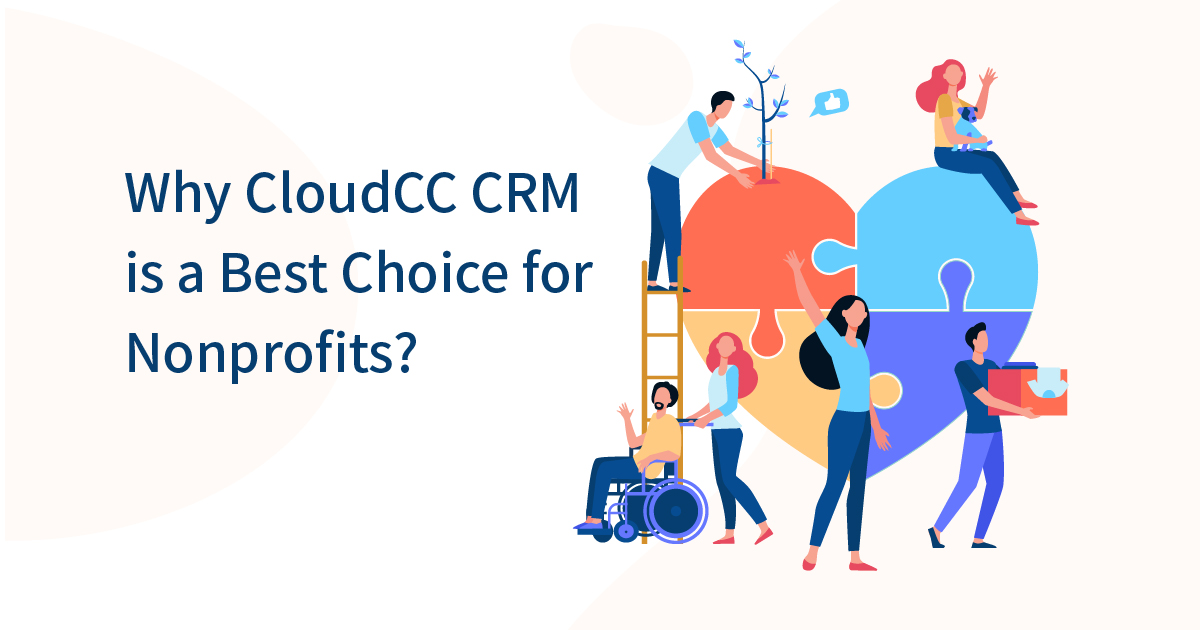
How CRM Solutions Are Revolutionizing Nonprofits
October 22, 2024In today's digital age, CRM systems (customer Relationship Management systems) are no longer exclusive to for-profit businesses. Nonprofits are increasingly adopting CRM solutions to streamline operations, engage donors, and enhance their overall impact. A well-implemented CRM system helps nonprofit organizations manage relationships with donors, volunteers, and beneficiaries, allowing them to focus more on their mission and less on administrative tasks.
CRM for nonprofits offers tailored features such as donor management, event tracking, volunteer coordination, and fundraising automation. These tools help nonprofits maintain detailed records of donor interactions, monitor contributions, and track fundraising progress. With a centralized database, organizations can better understand their supporters, personalize communications, and foster stronger relationships.
Additionally, CRM platforms allow nonprofits to analyze data and generate insights that lead to more informed decision-making. By identifying patterns in donor behavior and engagement, nonprofits can optimize their outreach strategies, improve retention rates, and boost fundraising efforts.
Beyond fundraising, nonprofit CRMs also help streamline event management and volunteer coordination. Organizations can easily schedule events, track participation, and keep their supporters informed. Automation tools can handle everything from sending personalized thank-you notes to generating impact reports, saving valuable time and resources.
In summary, CRM systems are becoming an indispensable tool for nonprofits, empowering them to operate more efficiently, strengthen relationships, and amplify their impact. By leveraging technology, nonprofits can better serve their communities and achieve their missions with greater success.









